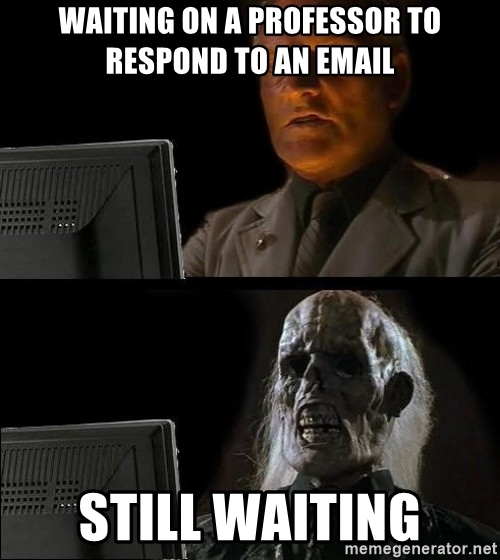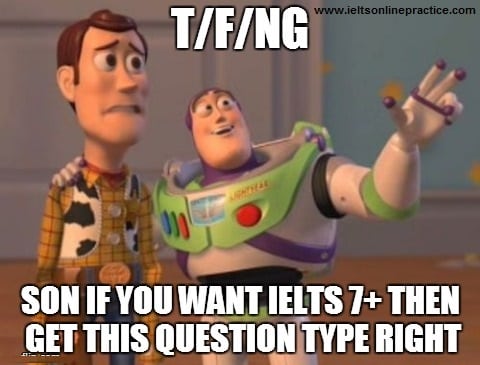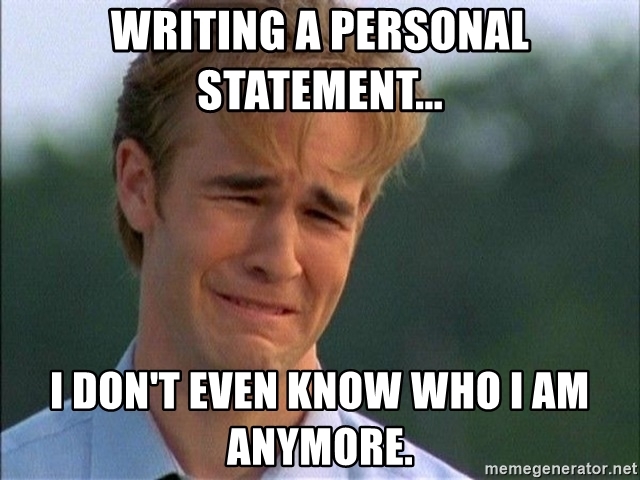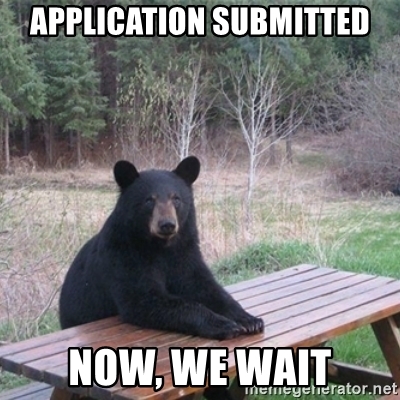Applying to UTU – Tips From a Current Student
So, you’re thinking of studying in Finland, particularly you are applying to UTU. You’ve never applied to anything abroad before and don’t know where to begin. University applications can be daunting when you first start, let alone if they’re for a university in another country! But, with good preparation, it can even be fun!
First and foremost, make sure you read through the available programmes and their requirements. After that come back to get some inside tips on how to apply in January!
The first thing you’re going to want to do is make a to-do list. This includes test dates, deadline dates, and a checklist of all the documents you need. I like to stick a huge sheet of paper up on the wall where I can see it, so I don’t miss any deadlines and core documents. Generally, the three most important documents are:
- Proof of previous education, that enables you to continue to a higher level;
- proof of English Language proficiency, and;
- programme specific requirements such as a personal statement, a.k.a. motivation letter.
Already knew you need all that? Perfect! Now let’s get to the good stuff. Here is how you prepare and complete an application to UTU.
1. Always overestimate the time
Applications take time. From opening the application account, filling in your personal information, collecting all your documents, to planning the motivation letter. Maybe the programme you want requires references, and your referees aren’t responding!
Always overestimate when calculating how long you will need to finish an application. If possible, allocate a certain amount of time every day to collect everything you need for applying.
Start small and register for an account at the application portal. Realistically, you will not be able to finish an application in one day. So don’t wait until D-1 to start the application!
2. Do you have the documents with you?
Consult your documents checklist. If you haven’t graduated yet, depending on where you are doing your education right now, you will need to get a temporary transcript or some other document that shows your current academic progress.
Check with your current school and see what they can provide for you. If you do have the documents with you then the next step is to scan them.
Make sure that each scan is eligible and whenever possible in colour. Scan both sides of the document, as some documents may contain grading criteria or other useful information for the admissions team.
Don’t forget to make backups as well. I like to put my scanned document in a Google Drive folder so I can also access documents from my phone.
3. English Language requirements
This is the second most important document, after your previous qualifications documents. Without a certificate that proves your English language skills, you are not considered to be eligible for applying. Make sure you carefully read the programme language requirements and what tests are accepted.
Here at UTU, programmes require an overall IELTS band score of 6.5, with a minimum writing score of 6.0 for Masters and 5.5 for Bachelors. TOEFL and other tests are also accepted.
Book a test date now and get your results ASAP before the UTU application period closes.
4. Motivation Letter
Writing a motivation letter is where most people get stuck and spend a significant amount of time. A motivation letter is where you woo the University and let them get to know you. This is the chance where you can stand out and really wow the admissions team. One important thing to keep in mind is to hype yourself up! This is no time to be humble, you need to let the programme know what you are capable of! Keep the following things in mind when writing your motivation letter.
Stay relevant
For graduate applications, you are entering a higher level of education there are certain standards a programme will expect of you. One of those is academic writing, including your ability to be precise and concise when conveying information. Obviously, don’t lie and say you can do something when you cannot. The key is to stay relevant to the programmes’ objectives. Some programmes may already have a list of questions they want you to answer. Focus on answering those questions.
For example, bring up past learning experiences (such as courses during your undergrad, or internships) that will allow you to show what knowledge you have. Don’t, of course, just mention the name (they already know that from your transcript) but give a brief explanation of the skills and knowledge you gained that will help you excel in the programme you’re applying to. Maybe a particular course or event inspired you to continue your education. You can write about that.
Why are you applying?
Writing about what inspired you to apply for the programme is a good starting point for motivation letters to undergraduate programmes too, especially if the programme does not ask you to write anything specific. Talk about your background as a person, and what motivated you to choose the specific major you are applying to. Tell the story of your weaknesses and how the field will help you in achieving your future plans.
What’s next?
Knowing what you’re going to do with your degree is another thing. Future plans are an essential part of a graduate motivation letter. How does doing a more advanced degree benefit your career in the future? Think about how the programme you are applying for builds on the knowledge you gained in your previous degree(s). Maybe you want a career change? Explain your reasoning and tie in how the programme will help you achieve your career goals.
For example, I wrote about my research interests and past research experience, as my goal is a teaching and research career in academia. Remember, those reviewing your motivation letter will be faculty staff, so they will know what you’re talking about. They also know what a career in that field is like, what traits in a person will allow them to excel in that path. Keep this in mind when writing your motivation letter, and really think about why you’re applying to the degree in the first place.
A lot of what you write in your motivation letter can be used as an outline or talking points if you are invited for an interview. So, it is important to take the time to really polish it in a way that best reflects you.
5. Complete information
Make sure you don’t leave any important information empty. Upload all relevant documents before you submit the application. Double-check you have provided complete and accurate information that the application needs. If you do not have certain information, remember to provide the supplementary documents.
Read the programme website or contact the admissions office when you are unsure if a document is acceptable or not. Make sure to ask these as soon as possible. Inquiries pile up during the application period, and processing times will take longer than usual. If possible, ask before the application period has opened so that you have everything ready when it is open.
Now that you know how to apply to UTU, go ahead and check out our amazing international degree programmes and start applying! I hope to see you at the University of Turku!
You can contact admissions@utu.fi for any further questions about applying. You can also contact the programme coordinators (email available on the programme website) for questions about the programme itself.
If you have questions about student life:
Good luck!

Featured photo by Adiam Yemane
Last updated: 29 July 2022
Search related blog posts by categories and keywords:








